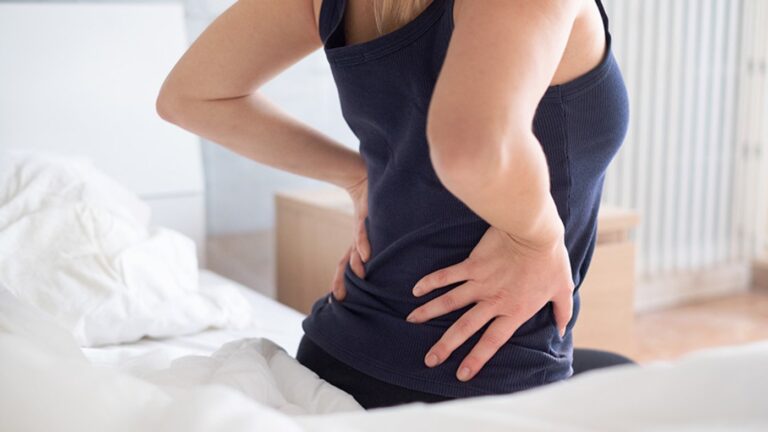The squat is the supreme exercise, unmatched in its capacity to create athletes with explosive hip strength and power. However many athletes have hip pain when attempting squats, making it nearly hard to complete them. And when people seek treatment for this, they frequently encounter doctors who don’t understand the mechanics of the squat and who spend their time treating hip flexor tightness rather than things that will improve their squat problems.
Many athletes will be able to get past this obstacle and enjoy the pain-free benefits of the squat thanks to a greater awareness of the factors that contribute to hip pain and pinching while performing squats.

WHAT CAUSES MY HIP PAIN WHEN I SQUAT?
Hip pain that occurs when executing squats is a common complaint among weightlifters and other athletes. There are various potential causes for this pain. One of the most prevalent reasons for hip pain during squats is tight hip muscles. The hip is a complex joint that relies on the surrounding muscles for support. If these muscles are overly tight, they may pull on the hip joints and cause pain. Squats frequently result in hip pain from hip bursitis. Determine the true underlying reason for hip pain experienced when performing squats in order to create a treatment plan.
HIP PAIN CAUSES AND REMEDIES
Squatting is a fantastic exercise for increasing athletic power and strength for a variety of sports. Here are three potential causes of hip pain from squats along with advice on how to treat them :
1. Hip flexibility
A restriction in your hip mobility, namely its “rotational” mobility, maybe another reason for hip pain during squats. The pigeon stretch is one exercise to increase hip mobility.
2. Foot mobility
Your body will have to compensate for the lack of ankle mobility someplace else if you’re squatting (often putting increased pressure on the hips). The knee-to-wall test is one easy technique to assess your ankle mobility. See if you can touch your knee to the wall while keeping your heel on the floor by starting with your foot up against a wall. Try sliding your foot back a few millimeters at a time if your knee can make contact with the wall to determine how far back your heel can move without your knee moving off the wall. As a general rule, strive for about 10 cm in order to be able to complete a deep squat.
3. Primary stability
Anterior hip pain can also be a result of an inability to keep a neutral spine position while squatting. For instance, excessive lumbar spine extension caused by a forward pelvic tilt during a squat may exert pressure on the front of the hips.
To learn how to keep your spine neutral when squatting, do the four-point kneeling rock-back exercise. This will help you determine how far you can squat while still keeping your spine neutral.
To get feedback on how well you can keep your spine in a nice neutral position while you “Rock back” into the deep squatting position, try placing an object like a cup on your lower back.
4. Hip joint composition
Occasionally anterior hip pain that arises during the squat is primarily brought on by the anatomy of the hip joint (for example, having a deep ball and socket joint versus having a more shallow ball and socket joint). Unfortunately, since this is a genetic component, there isn’t much you can do about it. You can, however, make use of your particular joint anatomy to find the best squat posture for you. By testing, choose the foot position that is most comfortable for you (for instance, you may need to have your feet slightly closer together or farther apart, or you may need to have your toes facing straight ahead or slightly turned out).

5. Modify Your Form
Hip pinching during squats can occasionally be avoided by just changing your form. There are often two suggestions that can be offered regarding squat form and hip pain :
- Discover your best position
- Verify the proper knee position
- Fixes for core stability and motor control
In any case, if self-care does not relieve your hip discomfort, it is crucial to consult a doctor at Specialty Care Clinics. Call us now at (469) 545-9983 to book your appointment.
